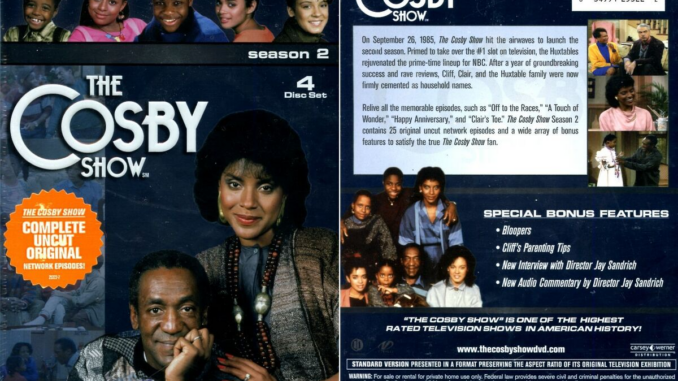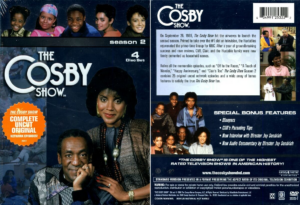
Introduction:
While The Cosby Show might have been the epitome of wholesome family entertainment, the world behind the scenes was filled with drama, challenges, and stories of triumph. From production struggles to the dynamic relationships between the cast and crew, The Cosby Show wasn’t just a successful sitcom—it was also a highly complex operation. In this article, we’ll dive into the stories that happened behind the camera—revealing the untold truths about the making of the show and how it became a cultural phenomenon.
The Vision of Bill Cosby:
When Bill Cosby created The Cosby Show, he wasn’t just interested in producing a sitcom—he was determined to craft a narrative that would break stereotypes and challenge social norms. Cosby wanted to portray an African-American family that was not defined by hardship or poverty. He envisioned a family that was loving, affluent, and aspirational, with a focus on strong educational values and strong family bonds.
Cosby’s vision extended beyond the show’s plot. He was heavily involved in the show’s development, from writing to casting, and even to the direction of individual episodes. This level of creative control was unusual for a sitcom at the time. Cosby took great pride in shaping every aspect of the show, ensuring it would serve both as a source of entertainment and as a positive role model for viewers.
The Cast Chemistry:
While Bill Cosby was the star, the ensemble cast of The Cosby Show played a critical role in the show’s success. Cosby’s on-screen chemistry with Phylicia Rashad, who portrayed his wife Claire Huxtable, was electric. The two actors effortlessly portrayed a loving, supportive, and humorous couple. Their relationship became the cornerstone of the show, and the moments between Cliff and Claire were often some of the most memorable.
Beyond Cosby and Rashad, the show’s younger cast members—Malcolm-Jamal Warner (Theo), Tempestt Bledsoe (Vanessa), and Keshia Knight Pulliam (Rudy)—also developed strong bonds with one another. The chemistry among the kids, combined with the strong guidance of their on-screen parents, created a natural, believable family dynamic that viewers embraced.
The Challenges Behind the Camera:
Despite the show’s success, filming The Cosby Show wasn’t always easy. The production team faced numerous challenges, including tight schedules, high expectations, and occasionally clashing egos. The demands of creating a hit TV show—combined with the pressure to maintain a wholesome image—put a lot of stress on the cast and crew.
One of the most significant challenges came from Bill Cosby’s insistence on creating a family-friendly environment both on and off screen. While this was a major factor in the show’s success, it also meant that the show’s actors were expected to maintain a certain level of professionalism at all times, even when the cameras were off. This level of pressure sometimes led to tensions behind the scenes, as the cast members struggled with the balancing act between their professional and personal lives.

The Show’s Impact on the Industry:
Behind the scenes, The Cosby Show also marked a turning point in the TV industry. The show broke several racial and cultural barriers, and it was one of the first sitcoms to portray a successful, affluent African-American family. This change was both groundbreaking and necessary at a time when TV shows depicting black families were often limited to secondary or stereotypical roles.
The success of The Cosby Show paved the way for other shows with diverse casts, like Family Matters, The Fresh Prince of Bel-Air, and Living Single. It also inspired a new wave of writers and producers who sought to create more inclusive content for mainstream television. The show helped redefine how African-American families were portrayed on TV, and its cultural impact is still felt today.
Conclusion:
While The Cosby Show was beloved by fans for its heartwarming moments and memorable characters, the story behind its creation is equally fascinating. The challenges, behind-the-scenes drama, and Bill Cosby’s meticulous direction were all part of what made the show a success. The Cosby Show wasn’t just groundbreaking on-screen—it also redefined how TV could serve as a tool for social change.
